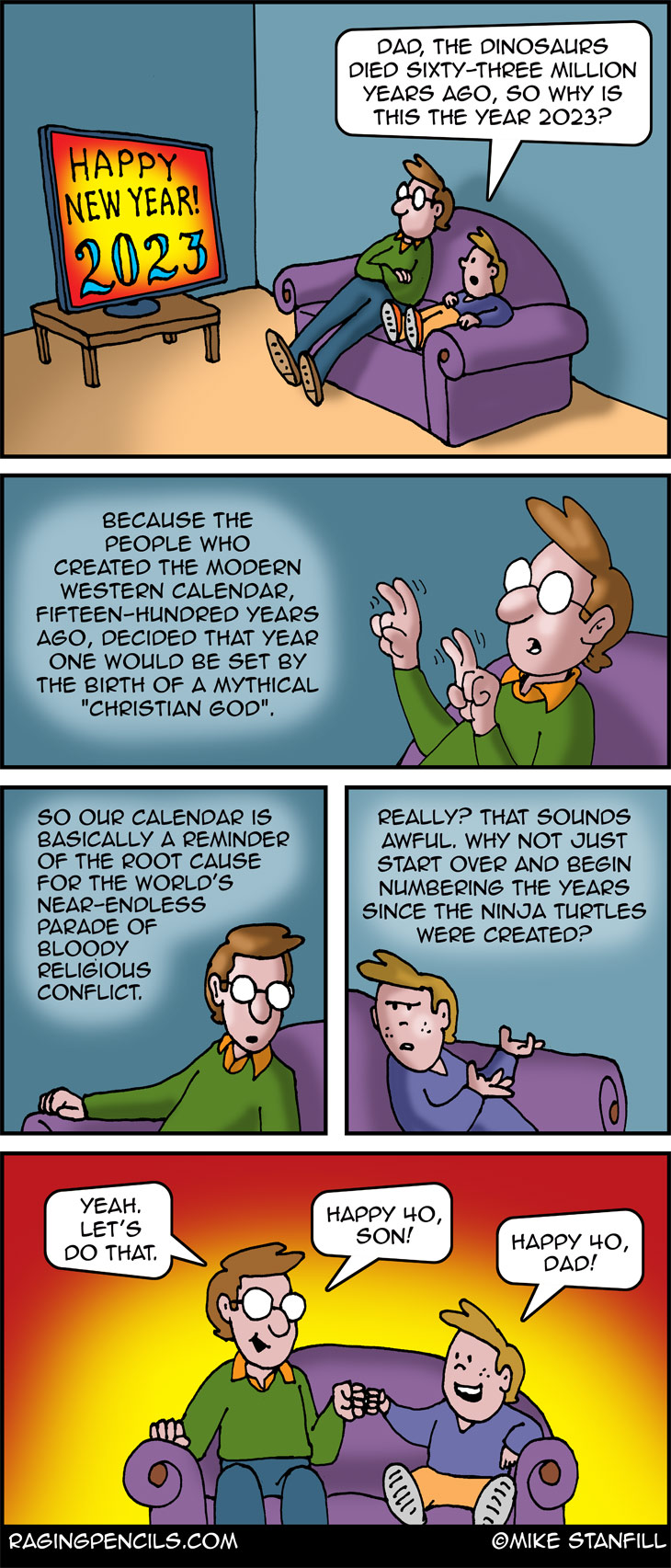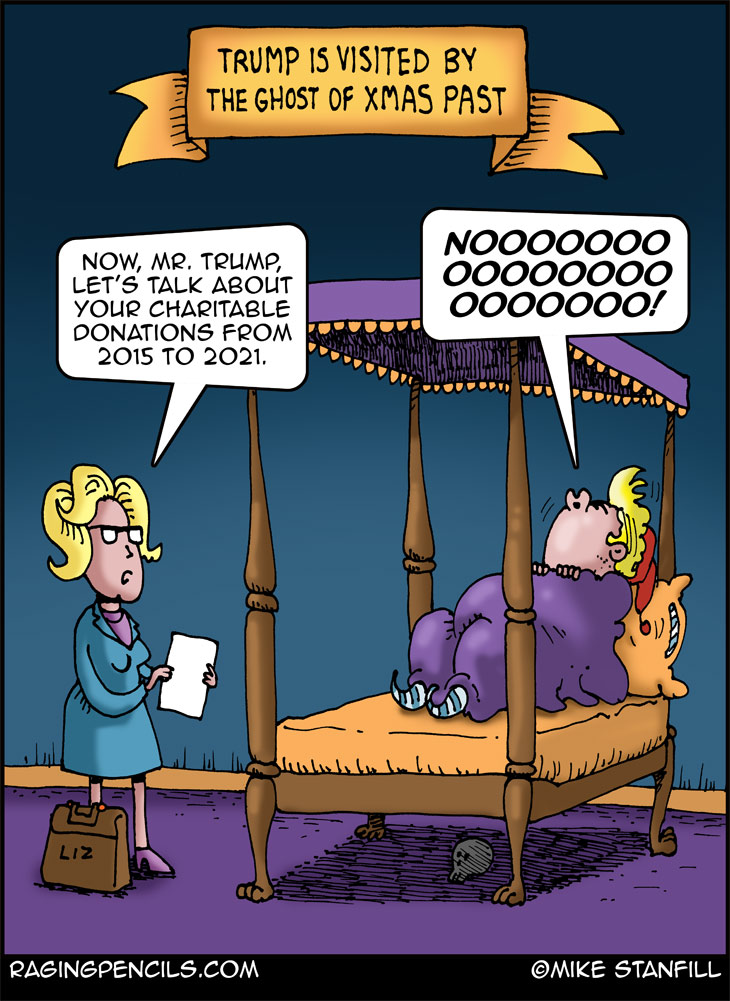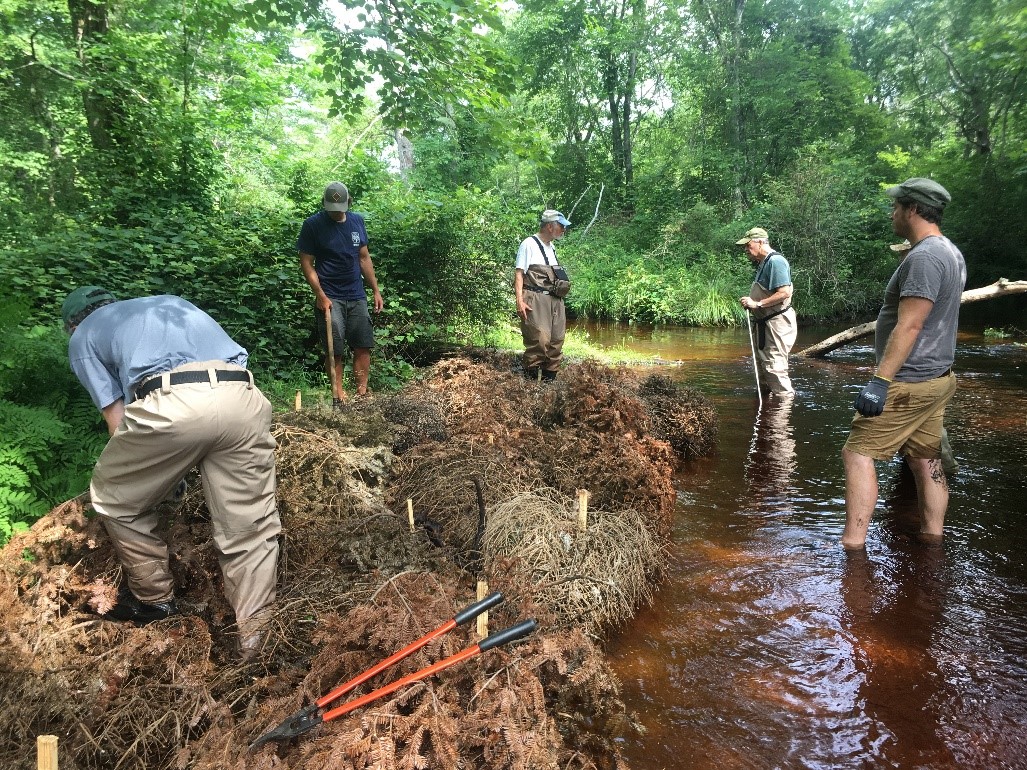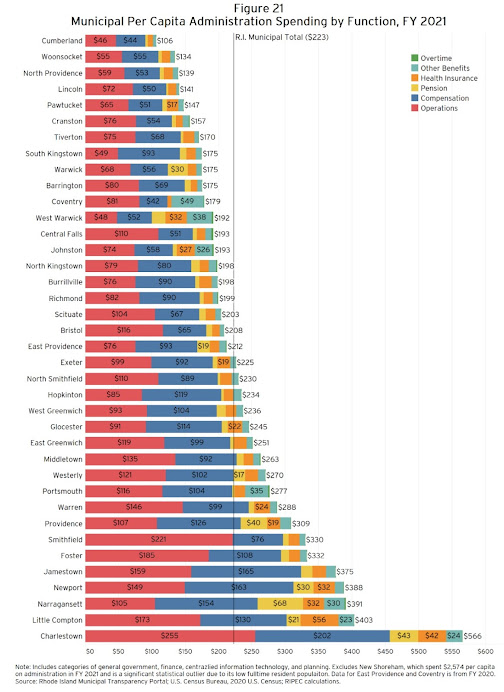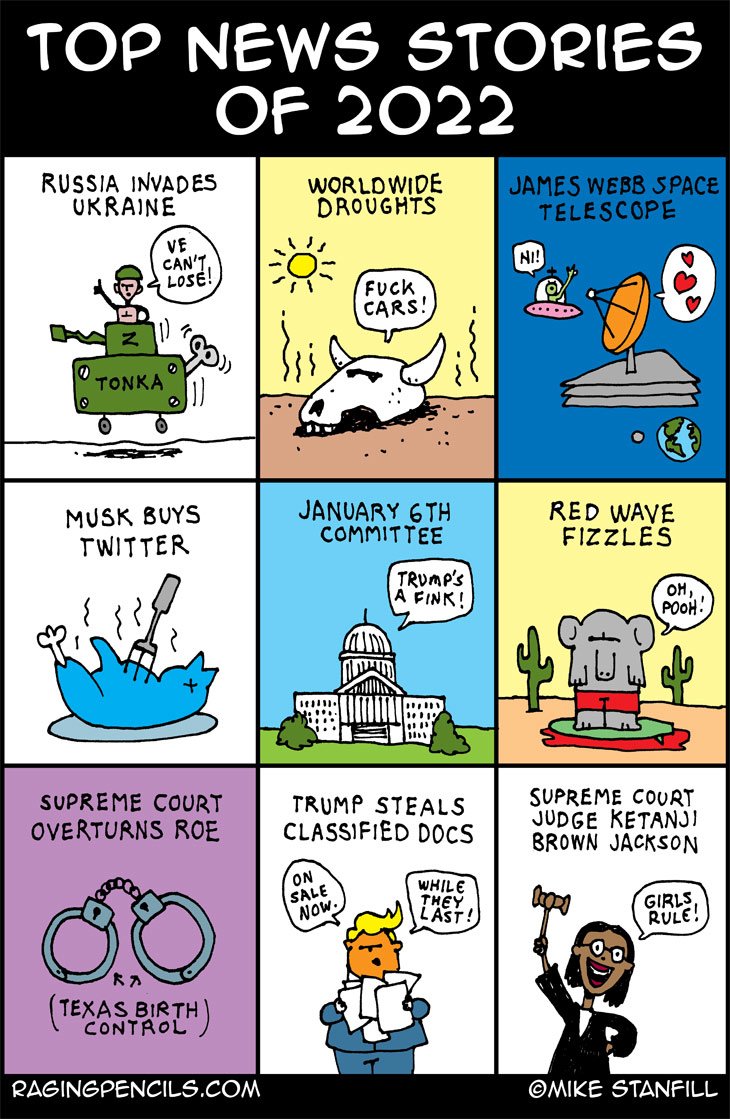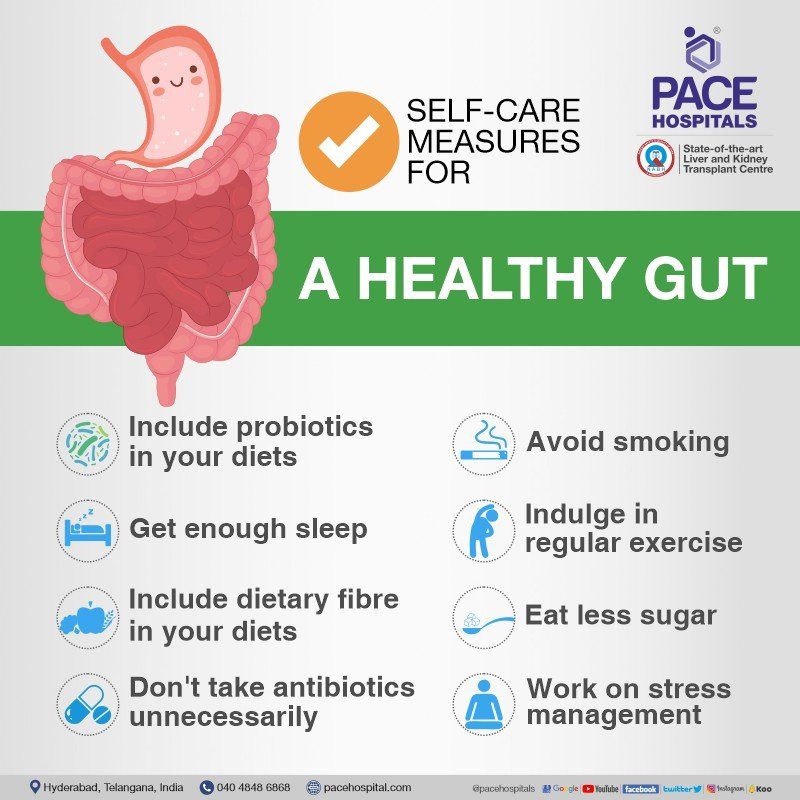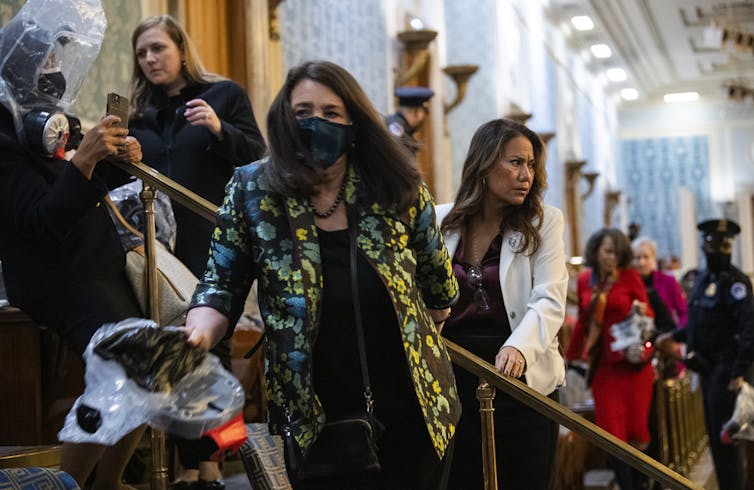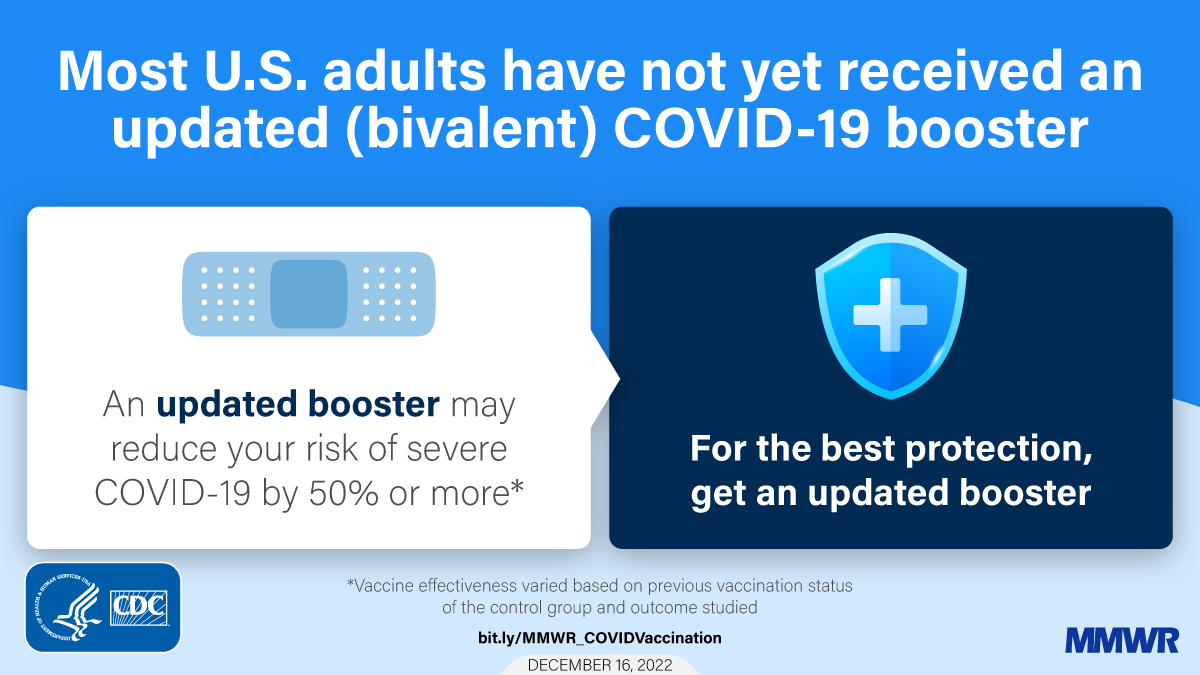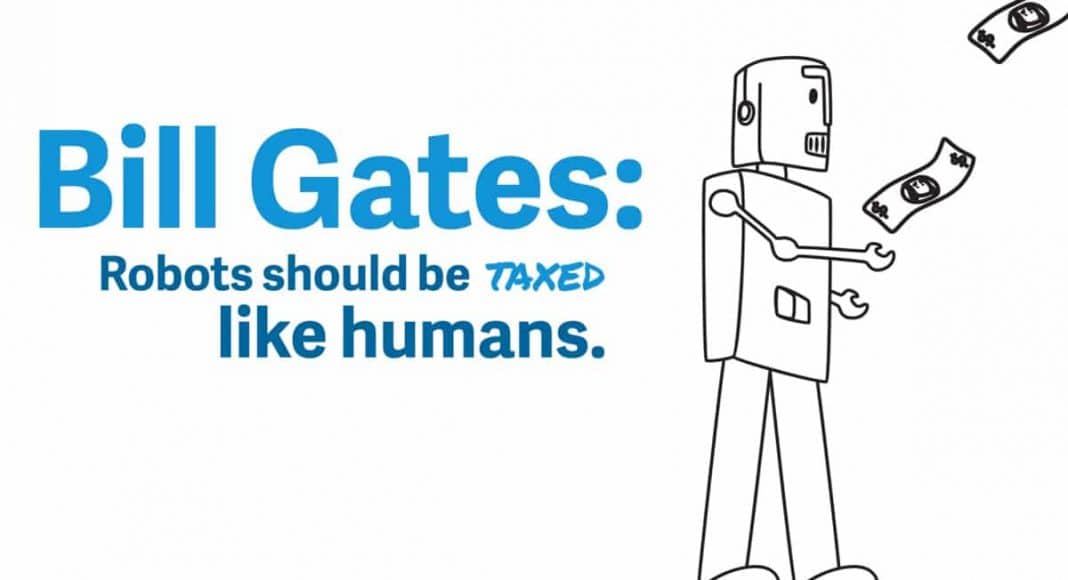Short news items for Progressive
Charlestown readers
By Will Collette
Gavle Goat not burning but the
Charlestown bonfire will
As of this writing, the famed Gavle Goat of Sweden, an enormous 43
feet tall straw goat, has made it to Christmas without being torched by vandals for sport as often
is. The town of Gavle changed its location this year and photos seem to show it
surrounded by poisoned-tipped steel poles (I’m kidding about the poison).
 |
| Gavle Goat 2022. Note the spikes |
By contrast, the giant sculpture
made of wooden pallets in Ninigret Park by renowned local fire artist Frank Glista
is ready to be torched at sundown on December 31st. The New Year’s
Eve bonfire is always great fun.
The Plague
What’s not fun are the rising number
of COVID, flu and RSV (Respiratory
Syncytial Virus) cases in Rhode Island. We no
longer get daily numbers from the state, and those numbers don’t include the majority of cases
that are picked up by home test kits.
Our official community
infection rate is back up to
168 per 100,000 but is probably a lot larger. Eight people died – probably unnecessarily – from COVID last
week. Why did they die unnecessarily? First, masking is now rare but worse, our
vaccination rate for the newest bi-valent booster is a miserable 22.7%.
22.7%? WTF?
For most people who have been
vaccinated earlier, your immunity has been steadily wearing off, plus COVID has
spawned new, more aggressive variants. It’s a national problem: most
Americans simply don’t have peak COVID protection anymore. Masking and
making sure you have the latest shots are the ways to protect your life and
your family.
The Biden Administration is once again offering free at-home COVID test kits. I ordered them and they
arrived within days. Order them at COVID.gov/tests or call 1-800-232-0233.
Flu cases for 2022-3 are far higher and much earlier than
the past three years. All in all, a very unhealthy environment for the old, the
immune-compromised and children. Please mask up and get your shots.
Charlestown needs more EMTs and
firefighters
These are the brave men and women who
protect us all, but there aren’t enough of them. So step up if you can.
But DO NOT follow the example of
Charlestown’s Ryan Manning. He was being discharged from South County Hospital
but apparently didn’t have a way to get home. First, he tried to steal
(“allegedly”) a security guard’s phone. Then, “allegedly,” he tried to steal a
car from the hospital parking lot.
When neither of those “alleged”
efforts worked, Manning “allegedly” spotted an unattended,
unlocked, engine-running rescue ambulance and took off in the direction of
Providence. He was eventually busted when he was caught on foot near I-95 and
Route 10 where he abandoned the ambulance.
He was charged this week with driving without consent of the owner or lessee,
possession of a stolen vehicle, tampering with a vehicle, and larceny.
Bill Seymour’s great article on
Manning’s big adventure appears
in the Independent.
Funding for Charlestown?
There is a $16 million pot of money
that Charlestown may be able to tap under the Municipal
Resilience Program, administered by RI Infrastructure Bank (RIIB) to help local communities restore and improve resiliency
of vulnerable coastal habitats, river and stream floodplains, and
infrastructure.
Charlestown would have to compete
with other municipalities for funding for “shovel-ready infrastructure
projects. One of Charlestown’s lead project ideas is doing some work on Charlestown
Beach Road. The town’s Climate Resilience Commission has been tasked with
coming up with a cost-benefit analysis and options for action.
Nuclear waste 25 miles down the road
 |
This graphic shows the radiation plume if New London/Groton
got nuked. A major disaster at Millstone would generate
a radioactive cloud that would follow the same track |
I have been neglecting coverage of
the Millstone Nuclear Power plant, just 25 miles upwind from Charlestown on
the other side of New London in Waterford, CT.
This troubled plant, run by
Virginia-based Dominion Power, is one of the last operating nuclear plants in
New England.
The main reactor, Unit 2, has
been on-line for nearly 50 years, and in the course of time, has accumulated
approximately 4 million pounds of high-level radioactive waste with no
place to put it except right on site.
On December 20, Assistant
Energy Secretary and head of the Office of Nuclear Energy Kathryn Huff visited
Waterford to talk with local
officials. The Biden
Administration supports the continued operation of nuclear facilities for the carbon-free
energy it produces, despite the massive unresolved problem of radioactive
waste.
The
New London Day noted:
Earlier this year, the
Southeastern Connecticut Governments sent a letter to the Department of Energy in support of “a
consent-based siting process to establish interim storage sites, and hopefully
an eventual final disposal site,” to allow “the relocation of spent nuclear
fuel from reactor sites,” such as Millstone.
All previous federal efforts to
create a national repository for nuclear waste have failed. The one operating trial site, called WIPP, had to serious safety problems including fires and major leaks. The new
federal approach is to bribe communities to accept a “consent-based siting
process” that, given our history with hazardous waste, will mean radioactive
waste sites will go into poor communities comprised mostly of people of color.
The
Day described this new
approach:
The Department of
Energy announced in September a $16 million funding
opportunity “to provide
resources to communities interested in learning more about consent-based
siting, management of spent nuclear fuel, and interim storage facility siting
consideration,” according to a news release from the Department of Energy.
While most people think of nuclear
disasters in terms of the 1986 Chernobyl
reactor meltdown, the other extreme hazard is an accident in the piles of
on-site nuclear waste.
This is what happened in Japan at the Fukushima
nuclear plant when an
earthquake in 2011 generated a tsunami that breached the containment ponds on
site.
Radiation at both Chernobyl and
Fukushima spread over great distances. We are only 25 miles and downwind from
Millstone.
 |
| Fire in the radioactive waste at the Fukushima nuclear power plant in Japan |
Charlestown’s civic engagement
Crunching
the voter turn-out numbers for the November 8 general election showed Charlestown voter turn-out at 58%, the highest in the state. The lowest turnout
was in Central Falls with only 18%.
Charlestown voters had a lot of
reasons to turn-out with a red-hot Congressional District 2 contest where Seth
Magaziner went on to beat Allan Fung. Charlestown favored Seth by 5.4%.
All the state general offices were
contested and ended up being swept by Democrats. Charlestown voted for the
winning Democrats in all offices except General Treasurer where the town voters
favored Republican James Lathrop over former Central Falls mayor James Diossa
by 2.5%.
 |
| Turn-out translated into big wins for Tina and Victoria who flipped a House and Senate seat from Republican to Democratic |
Charlestown voted for our new state
Representative Tina Spears and state Senator Victoria Gu by wide margins (16.3%
for Tina and 17.8% for Victoria from Charlestown voters). Charlestown once again supported three-time
challenger, Charlestown’s Jennifer Douglas, by 0.8% over right-wing nut state
Senator Elaine Morgan. Unfortunately, Morgan's vote margins in the other towns in the district led to Jennifer's third defeat.
Also boosting turn-out was the
contested Town Council race that pitted long-time Charlestown bosses, the
Charlestown Citizens Alliance (CCA) against the insurgent bi-partisan
Charlestown Residents United (CRU). The CRU team trounced the CCA ticket ending
the CCA’s control over the Town Council that started in 2008.
 |
| Our new Town Council majority from the Charlestown Residents United slate: (l-r) Deb Carney, Rippy Serra, Grace Klinger and Steve Stokes |
Voter statistics for the 2022 election can be found HERE.
Choo-choo confusion
As most Charlestown residents who
have been following the on-going Amtrak controversy know, the Federal Rail
Administration is committed to doing a traffic analysis with an eye toward
improving service. The much-reviled Old Saybrook-Kenyon Bypass is NOT on the
table.
Similarly, Connecticut DOT is also
doing a feasibility study and is considering adding Westerly as the end of the
line for its expansion of Shore Line East. That offers an additional option for local travel to New York City. However, it has stirred up
fears and confusion that CTDOT might build a new train station in chic
Stonington Borough.
But apparently, that’s
not going to happen, at least not in the Borough, though the much larger town
of Stonington is definitely a possible site.
Borough Warden Jeff Callahan told the New London Day “This is a matter of some confusion,”
adding
“There’s no place in
the borough that you could fit a train station. The people who are involved in
the study acknowledge that. Apparently, the problem is that whoever wrote the
legislation that funded the study for the state, for some reason said the
Borough of Stonington not Stonington, so they have to keep saying the Borough
of Stonington, even though it’s pretty obvious it’s not a possibility.”
So, Charlestown isn’t the only place
nervous about choo-choos.

